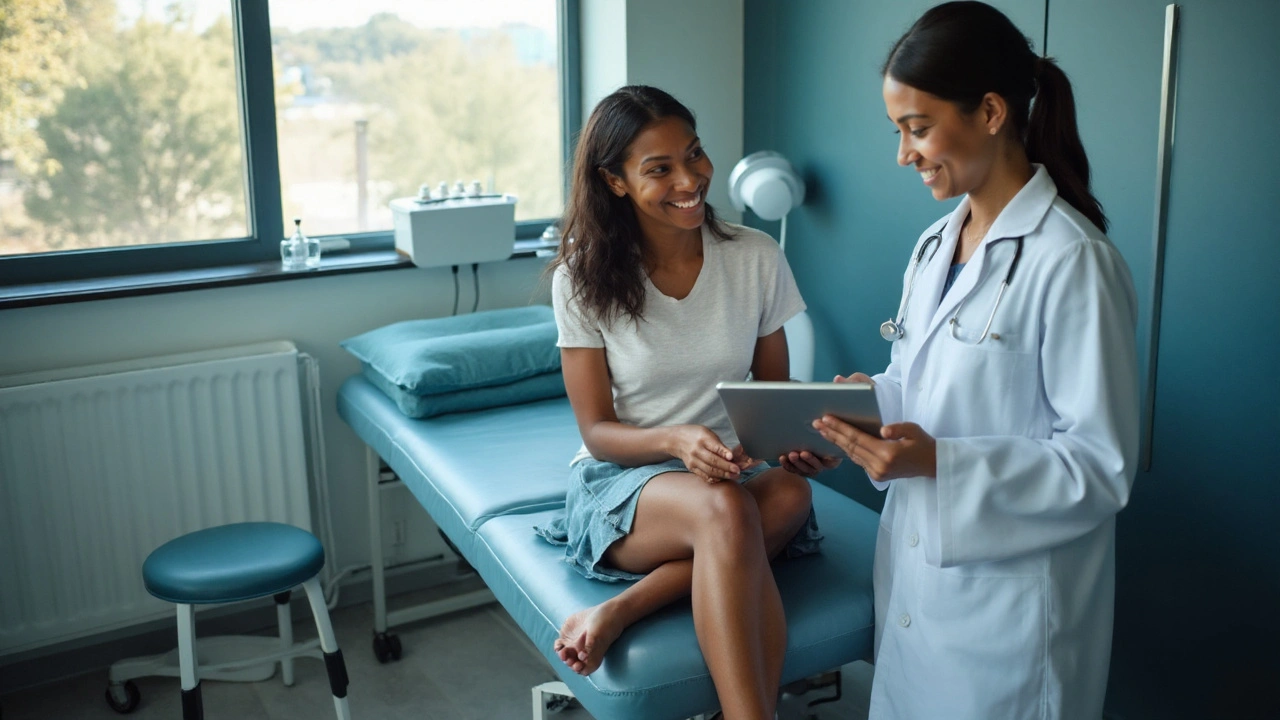Lymphedema is a painful buildup of fluid that makes arms or legs feel heavy and swollen. If the usual compression garments and exercises aren’t enough, many people turn to acupuncture for extra relief. This guide walks you through the basics, what a session looks like, and how to stay safe.
Acupuncture uses thin needles inserted at specific points to stimulate the body’s own healing pathways. For lymphedema, the needles target spots that encourage lymph flow, reduce inflammation, and relax tight muscles that block drainage. The gentle electrical buzz some clinics add can boost circulation even more.
When the needles are placed, tiny micro‑injuries trigger the release of natural chemicals like endorphins and nitric oxide. These messengers help the lymph vessels contract and move fluid out of the swollen area. Most patients notice a softer feeling after a few sessions.
First, make sure your acupuncturist is licensed and has experience with lymphedema. Ask about their training and whether they’ve worked with post‑surgical or cancer‑related swelling before. A good practitioner will review your medical history and coordinate with your primary doctor.
During a typical visit, you’ll lie comfortably while the practitioner inserts needles into the skin. Sessions last 30‑45 minutes, and you might feel a mild tingling or warmth. Most people report little to no pain—if a needle feels too sharp, let the therapist adjust it.
After the session, keep the treated limb elevated for a short while and stay hydrated. Gentle movement, like a short walk, can help the lymph keep flowing. If you notice any bruising, excessive soreness, or infection signs, contact your practitioner right away.
Acupuncture isn’t a stand‑alone cure; it works best alongside compression sleeves, manual lymph drainage, and regular exercise. Plan on 6‑10 sessions spaced a week or two apart, then reassess with your doctor to see if the swelling has improved enough to taper off.
To find a reliable clinic, start with recommendations from a lymphedema support group or ask your oncologist. Check online reviews for professionalism and clean facilities. A quick phone call asking about their approach to lymphedema can save you time and stress.Remember, every body reacts differently. Some people feel relief after the first visit, while others need a few rounds before noticing a change. Stay patient, track your measurements, and keep the communication open with both your acupuncturist and medical team.

Does acupuncture help swelling? Here’s what research says, when it’s worth a try, how to do it safely, and how to pair it with proven edema treatments.